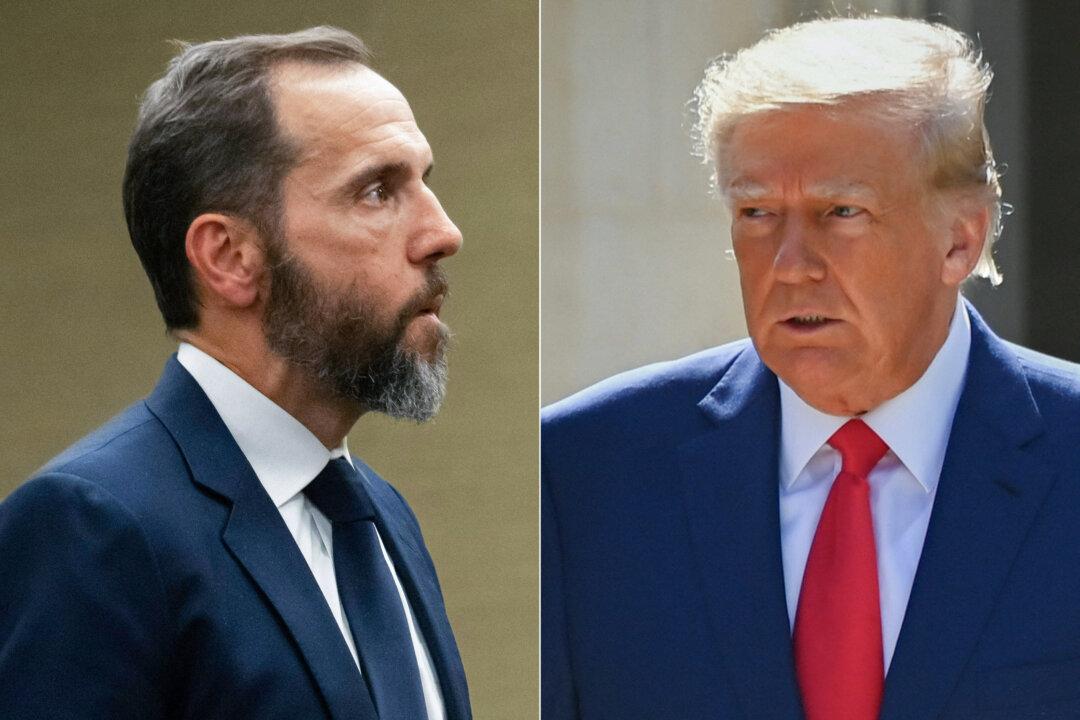The federal judge overseeing the classified documents case against former President Donald Trump rebuked special counsel Jack Smith’s response to a lawsuit but ultimately granted his request to redact the names of witnesses in the case.
In an order on April 9, the federal judge wrote that Mr. Smith had failed to provide a good argument against a group of media outlets who filed a lawsuit to block Mr. Smith’s requests to redact the names of witnesses in the case. But she ultimately granted the request to the special counsel to prevent the names from being released.





